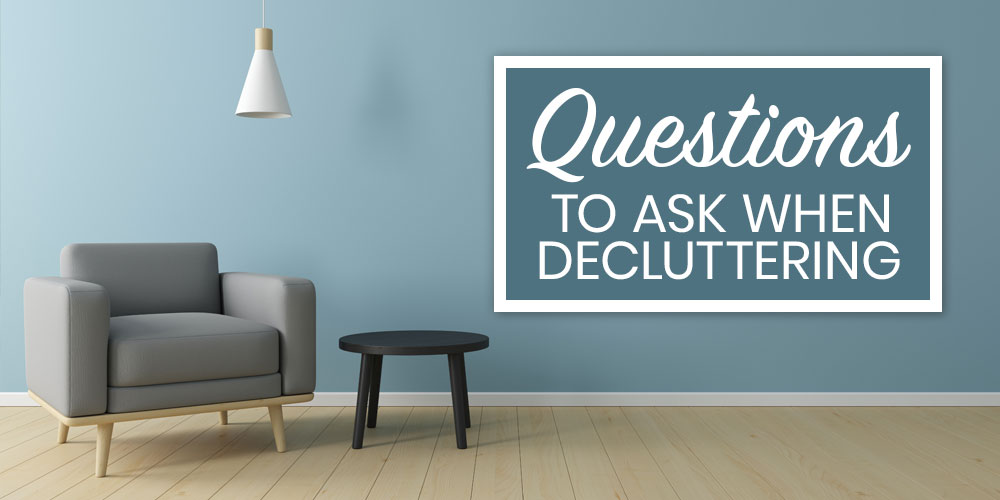
NAVIGATION
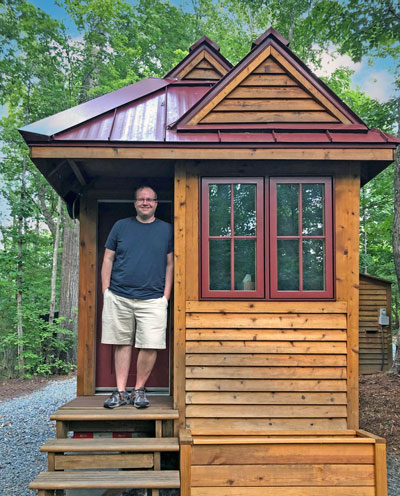
Hi, I’m Ryan
I’ve had my fair share of decluttering experiences on my minimalism journey, some of them more successful than others. Over the years, I’ve identified a few questions to help guide my process whenever I have trouble letting go of things.

If you’re going through your stuff, deciding what to keep and what to ditch, and wondering if there are any questions to ask when decluttering that would make it easier, you’re not alone.
Creating a simpler life not only involves some time investment, but you also need to think about how valuable your belongings really are. I’ve found that asking myself a few strategic questions helps guide me, especially when I’m face to face with items that bring back strong emotions.
7 Questions to Ask Yourself As You Declutter

If you’re struggling to let go of your belongings, knowing what questions to ask yourself when decluttering can help you make smart choices.
The best decluttering questions will not only help you decide whether to keep an item, but they might also help you reshape what and how you buy. Who knows, you may even feel inspired to leave your maximalist days behind and become a minimalist like me!
Do I Still Love It?
The first question I always ask myself when decluttering is, “Do I still love it?” It’s natural for us to buy something because we love it at first, whether it’s a piece of clothing or an antique treasure.
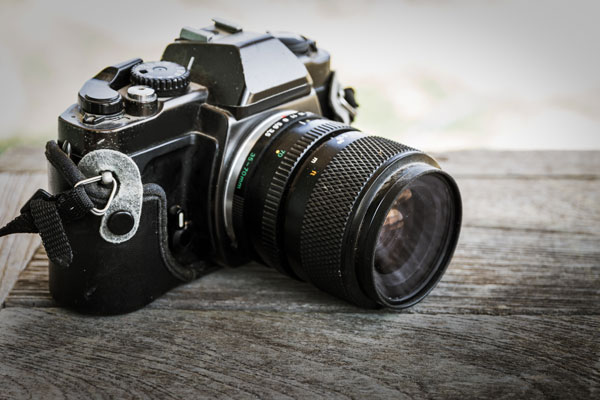 With time, though, feelings change. Maybe it no longer suits your lifestyle or doesn’t fit as well as it used to, and you don’t actually love it anymore.
With time, though, feelings change. Maybe it no longer suits your lifestyle or doesn’t fit as well as it used to, and you don’t actually love it anymore.
Remember that your belongings can’t love you back. If an item serves your lifestyle and you genuinely love it, by all means keep it. If not, let it go.
The key word here is “still.” You might have been in love with the item you’re reflecting on before, but how do you feel about it right now?
When Was The Last Time I Used It?
I find timing to be really important when I’m thinking about whether to keep or toss my belongings. Asking yourself how long it’s been since you last used an item is an approach us minimalists use all the time.
This won’t work for everything — think seasonal items like winter boots or antihistamines during allergy season. Apply this question to items that can be used year-round. Did you use it within the last six months? What about the past year?
Are You Holding On To What It Represents?
This question is specific to items that don’t necessarily serve a purpose in your life but that do have a strong sentimental value. It’s human nature to attach memories to things. Our belongings can serve as reminders of joyful times. But consider these questions: Who are you keeping it for? Is it for someone you used to be? Is it for someone you long to be?
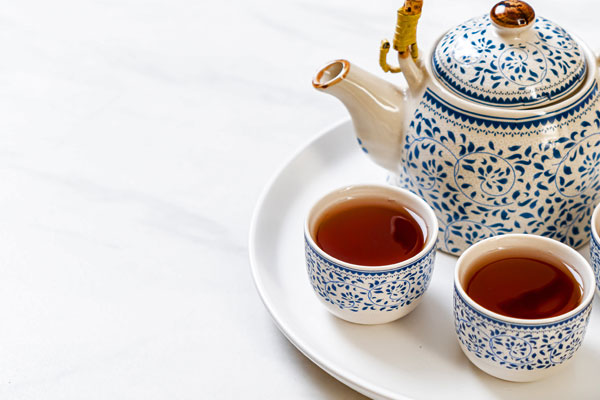 Letting go of something that reminds you of someone can be hard. I’ve been there, too. Whenever I start feeling overly attached to an object, I remind myself that memories don’t live in material things; they live inside of us.
Letting go of something that reminds you of someone can be hard. I’ve been there, too. Whenever I start feeling overly attached to an object, I remind myself that memories don’t live in material things; they live inside of us.
Storing your late family member’s belongings in a box somewhere isn’t the way to keep their memory alive. I’d recommend is holding on to a few keepsakes to display around the house or put to good use — even if it’s just once in a while, like your grandma’s vintage tea set.
Does It Add Value To My Life?
When my friends are having a hard time with their excess, I recommend they read a minimalist book, like The Life-Changing Magic of Tidying Up by Marie Kondo.
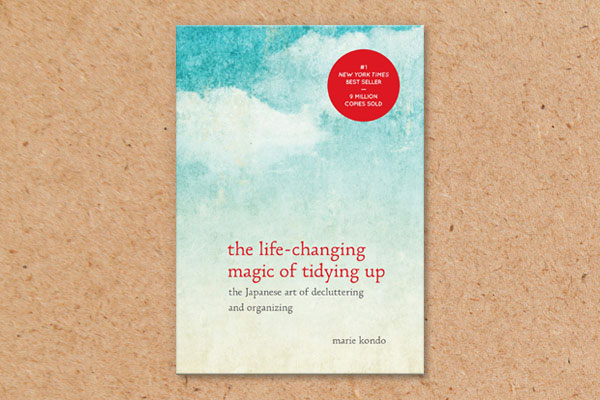
Do I Own Duplicates Or Items That Serve The Same Purpose?
It’s normal to have multiples of items at home. But how many of them do you really need? Remember: the more you own, the harder it is to tidy and keep track of.
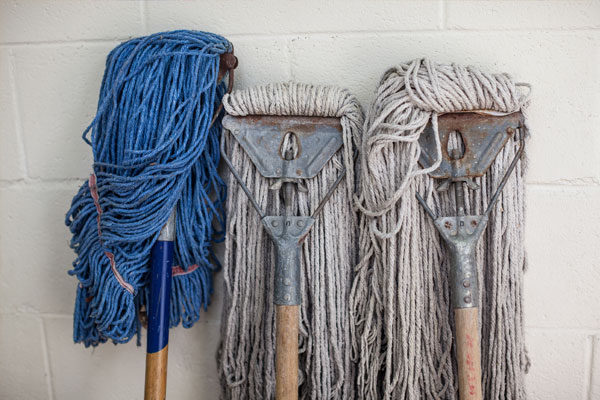 If you’re in doubt, ask yourself if there’s something else that could serve the same purpose, and opt for multi-functional items. Do you really need an upright vacuum, a handheld vacuum, and a broom? Consider investing in a stick, cordless vacuum with a few multi-use tools instead.
If you’re in doubt, ask yourself if there’s something else that could serve the same purpose, and opt for multi-functional items. Do you really need an upright vacuum, a handheld vacuum, and a broom? Consider investing in a stick, cordless vacuum with a few multi-use tools instead.
An important note here is on buying items in bulk. You may save a few cents per item, but having too much of something will add to the clutter. Whenever you go to the grocery store, consider whether you really need multiples.
Did I Even Remember I Owned This?
When decluttering, you’ll probably come across an item you didn’t even remember you owned, like an old book or a quirky T-shirt. There’s a chance it might spark some joy, or even add value to your life. In that case, go back through the list of questions to check whether it can stay.
In my experience, most of the time it won’t serve any purpose. If you forgot about it, let it go.
Does Keeping This Item Mean More Work For Me?
But many of us just never get to these repair projects. The more belongings you keep with plans of repairing, the more you’ll add to the clutter and to your to-do list. If your damaged items have been waiting to be repaired for a while, they probably don’t serve a purpose in your life anymore and you probably won’t fix them. Let them go and free yourself.
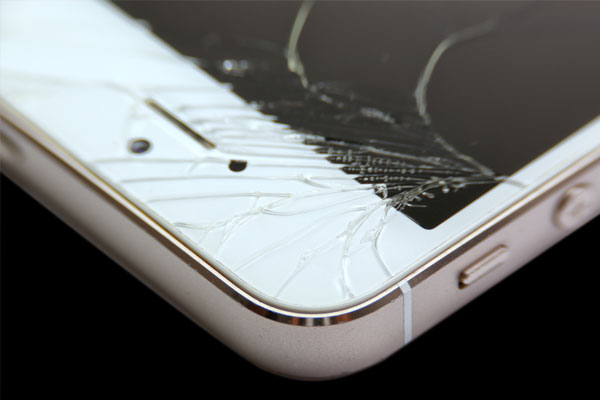
What To Keep

If you’re taking steps toward becoming a minimalist, please know that you don’t have to get rid of everything you own. Seasonal items like clothing and accessories that are essential when the temperature changes are examples of things you should keep. The same goes for hygiene and emergency items.
You should also consider what fits well with your daily routine. For example, if you enjoy cooking elaborate dishes, it’s okay to keep many of your sophisticated kitchen gadgets.
What To Do After You Decide What To Declutter

I don’t just throw items into some random drawer or toss them in the trash. While I’m decluttering, I categorize them into boxes and then either donate or find new homes for them.
There are quite a few places, both national chains and locally owned, where you can donate books, clothes and everything else you no longer want or need.
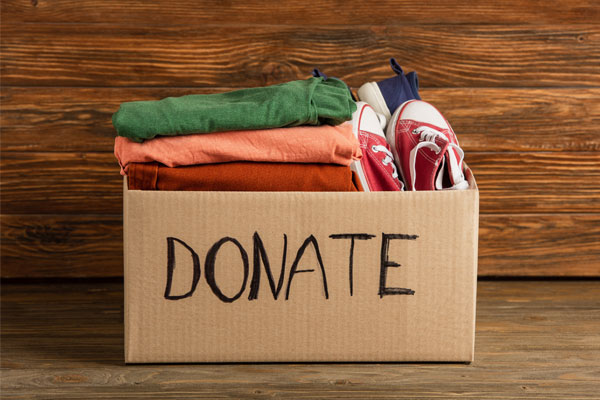
Separate Your Items Into Boxes
I like to start my decluttering process with four boxes to separate items as I go. Each of the four boxes serves a different purpose: to discard, to donate, to keep, and to store for the future. By organizing my belongings this way, I can start my decluttering process as soon as I’m done sorting.
Give Decluttered Items A Second Life
An important part of being a minimalist is understanding that many items can have a second life. If something isn’t adding value to your life, it might be valuable to someone else.
There are plenty of things you can sell, donate to charity, or even give other people if you think it’ll help them. Donating your belongings can make you feel better about letting them go.
Find A New Home For The Decluttered Items You Keep
Having lived in a tiny house for over 10 years now, I value efficiently organizing every little corner of my home. This means the items I keep must be organized in a smart way that serves my daily life.
I have no use for a stapler in my kitchen drawer, where I’ll probably forget about it and eventually buy a new one. Finding a home for it in my office space guarantees that it will be used.
The same goes for all the things you keep: house them where they belong.
Tips For When You’re Overwhelmed By Decluttering

It’s common for feelings of overwhelm to get the best of us, even for a seasoned minimalist like me. Below are a few tips to help you face your feelings of overwhelm when making a hard decision.
Tips To Make Decluttering Less Stressful
- Start With A Small Area
- Work Through Items You Are Certain You Can Give Up First
- Discard The Largest Items That Serve No Purpose In Your Life
- When You’re On The Fence, It Should Probably Go
A Minimalist Rule Can Help You Decide What To Keep

If you’re still having a hard time, a minimalist rule can give you the structure you need to finally take action on your clutter. The 20/20 rule is my favorite go-to when I’m trying to egt things done quickly, because there’s no gray area or room for interpretation with the guidelines. Either something can be replaced in 20 minutes, or for $20, or it can’t.
Be Intentional With What You Own

By asking yourself the questions above while decluttering, the benefits of minimalism will become more tangible in your life.
Letting go of excess will reduce your levels of stress and anxiety and improve your focus and productivity. The result is more joy and fulfillment, greater feelings of well-being and, generally, more freedom in all areas of your life.

Your Turn!
- What items do you think you hold on to for sentimental value?
- Which items have you forgotten about in the back of your closet?




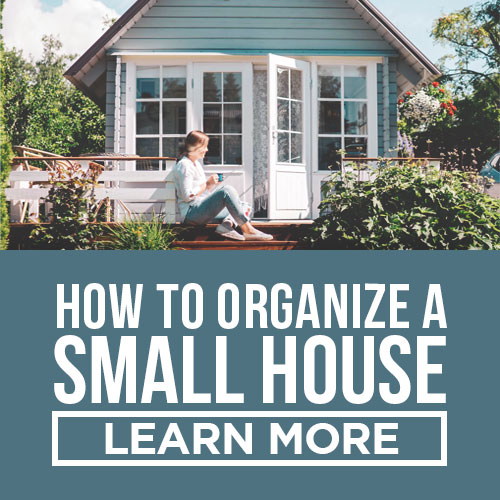

Do you have to keep a cordless vacuum plugged in all the time? If so that’s not saving energy .
Electric is expensive.
HI Ryan,
Thank you for the tips on becoming a minimalist..
The past yrs I started delivering, selling most of my furniture, etc
So facing the fact of letting go of more furniture is really no problem for me. I have always tried to keep things organized, and as for sentimental, I am willing to let all go except the few things that are necessary..to live tiny. I am at a new time in my life wanting to make me happy, and not be weighed down with the what if of things.
I took notes so if God allows me to move forward, I am ready.
There are still a lot of questions that I hope will learn answers and move forward.
Thank you again for your tips..I have already started in that direction . Yay !!
Hi Ryan! Thanks again for a great article!!! Your explanations were helpful and considerate of those struggling to deal wigh belingings.
After reading your tips, I am excited to continue letting go of things for my move to the tiny that will be delivered at the end of the week!!
Thanks again!!